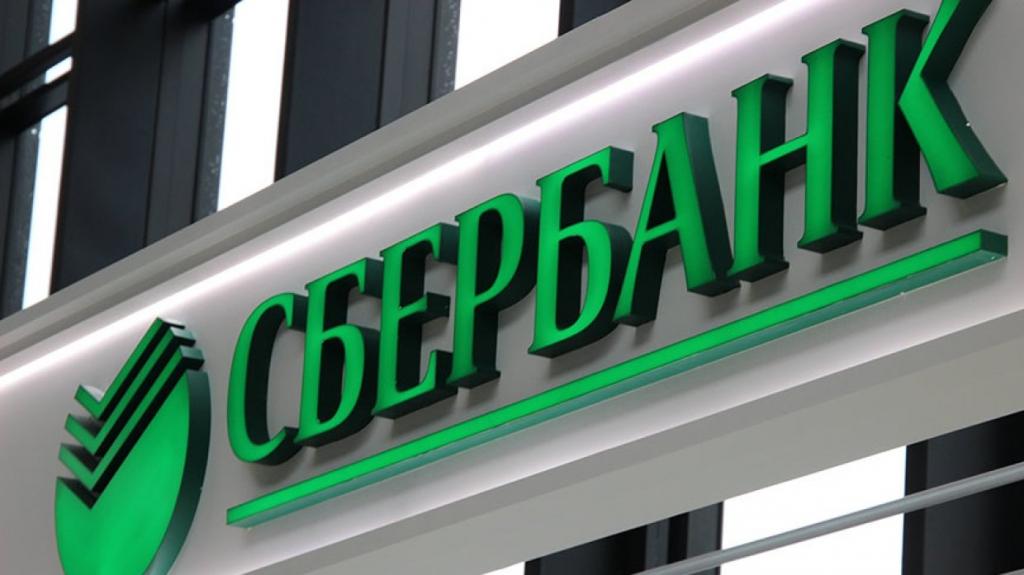Mortgaged property is usually immovable property owned by a bank debtor and transferred under a pledge agreement to a credit institution. This is a guarantee of fulfillment of obligations to repay a loan. It can also be about vehicles, art objects and other things and rights that have property value.

Unfortunately, borrowers do not always cope with their debt obligations. Sometimes it happens that an unforeseen situation arises, but more often the reason for non-repayment of credit debt is a biased assessment of their capabilities. To return the money, financial institutions carry out certain activities. One of the actions taken by Sberbank is the sale of collateral in cases where credit funds were issued under a collateral agreement.
Sale of property of credit debtors
If the borrower fails to repay the debt, the banking institution is forced to take appropriate measures to return its money. In this case, the most objective way out of this situation, which Sberbank sees, is the sale of collateral property, that is, property of the debtor. Given the legal status of this property, a similar process can occur in various scenarios.
Feature
The first and simplest scenario is the sale of collateral by Sberbank. The main feature of such a process is that the lender has the right to seize and sell material assets that act as collateral without a court decision. Even in the case when the debtor disagrees with this situation. If he will resist, the financial institution has the right to initiate a lawsuit. That is, the debtor will not be able to keep his property, which is the object of the pledge.

Bankruptcy
The next option is a bankruptcy procedure, in the process of which material values are described and sold. But this happens only if the value of such values is above 10 thousand rubles. This process is performed by a financial manager who oversees the bankruptcy of an individual. In accordance with the law, there is a list of property objects that cannot be seized and sold when a debt arises:
- Residential premises, if the debtor has the only one (including the land on which such premises are located).
- Things, food, clothes belonging to the child.
- The property that the client needs to carry out labor activities.
- Essentials.
- A vehicle, if it is a source of income or is intended for a disabled person.
- Sports or other awards.
Jewelry, household appliances that have a certain value, other valuable items that are not essentials, will be subject to seizure and sale as collateral property of Sberbank.

Sales process
Sale of collateral by Sberbank (car, for example) is carried out by bidding. Property is confiscated from the debtor by a court decision or by a mutual decision with a banking institution. Before taking extreme measures, the lender always gives his borrower the opportunity to solve the problem in other ways. If the client proves his own insolvency, the bank will begin the process of selling his property.
What is needed for this?
This will require:
- To prove that restructuring will not solve the problem in any of its variations.
- Confirm financial difficulties.
- Agree to the sale of collateral by Sberbank. Otherwise, the financial institution will receive it in court.

After all the formalities are followed, the representative of the financial institution enters into an agreement, which indicates the scheme for the sale of collateral. The sale of collateral by Sberbank in Moscow, for example, may be implemented not only in direct presentation. Credit funds may be used to purchase seized and secured property. In addition, there is the option of re-issuing debt obligations of an unscrupulous borrower to a new client with subsequent transfer of the collateral object to the latter to the property.
In 2019, Sberbank provides its customers with the right to independently sell property and repay debt. If this does not happen, the financial company transfers the case to the judiciary. After a court decision is made, the borrower has 1 month left for the independent sale of the collateral property of Sberbank of Russia. Such a decision is more profitable for the debtor, since he has the opportunity to realize his material values at a higher cost than the bank will do during the auction.

Special area
Sberbank has a special platform for online trading. On it, the material values of borrowers are realized online. Everyone is entitled to take part in such tenders. You just need to register, as well as make the prescribed contribution. The sale procedure lasts at least 3 months, a maximum of six months. If the first stream did not allow the sale of the object, then the sale of collateral property of Sberbank will be resumed after a month.
To repay the debt using the vehicle of the borrower, the bank is allowed to use an option such as leasing a car. In this case, the transport will be transferred to a leasing company, where other customers will be able to use it under a lease agreement. Despite the fact that such an approach is not widespread in Russia, it allows you to get a higher income from a vehicle than with direct sale of the bank's collateral property. Sberbank, however, claims that this is a long-term prospect.
Tender acquisition of property
Often, the acquisition of property through tendering becomes a real way to buy something at a cost significantly lower than in the market. For example, an apartment in Moscow, sold at auction, can be purchased at about 30-50% cheaper. But you should take into account certain subtleties:

- A car purchased from a tender may have a number of unpaid tax charges. As a result, the size of the benefits sometimes becomes negligible.
- The property can be burdened, which greatly complicates the life of its new owner.
- Not all debtors agree with the decision of the credit institution to realize their material values, even if they were in a pledge. In this case, the debtor is able to initiate legal proceedings, as a result of which his property may return to him.
Due to the fact that debtors do not want to part with their property, it is recommended to be careful about purchases at auction.

